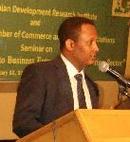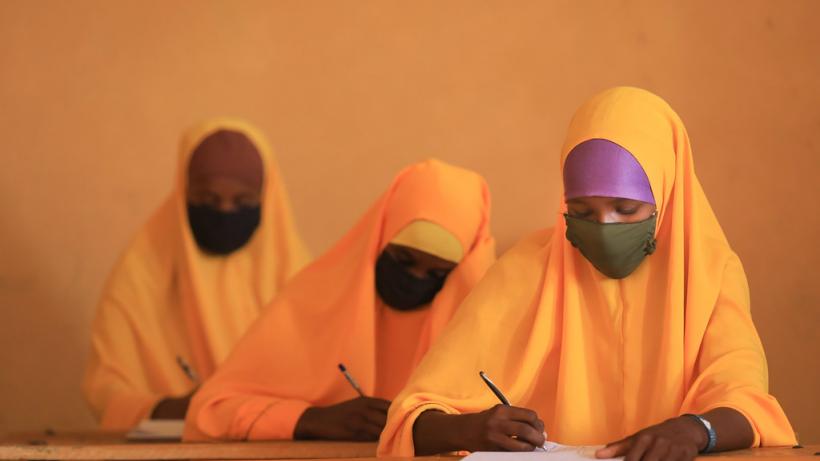Stanford Economic Development Research Initiative (SEDRI): COVID-19 response survey
With a population of over 100 million and a rapidly growing yet fragile economy, the economic impacts of COVID-19 for Ethiopia will undoubtedly be massive. Indeed, export-oriented sectors have already been damaged and current year growth projections slashed. Since 2016, the Stanford Economic Development Research Initiative (SEDRI) has built detailed panel datasets for individuals and firms in Addis Ababa, Ethiopia, and the surrounding region. The individual surveys document employment, income, consumption, living conditions, health, and well-being for 4,000 individuals. The onset of COVID-19 and subsequent policy responses have dramatically restricted or fundamentally changed the choice sets of these households.
SEDRI’s most recent round of data collection was completed in 2019, giving us an accurate snapshot of conditions just before COVID-19. With data covering the country’s most rapidly urbanising areas, our data is drawn from a particularly dynamic and economically important setting: recent migrants, a population that is at risk during periods of economic upheaval and for whom policy action may be particularly relevant. By describing how COVID-19 has changed welfare, both subjective and material, for individuals through limitations placed on freedoms and long-term planning, our results will describe conditions important for medium-to-long term policy response at the regional or city level.
We propose administering a large phone-based survey with a sample of 2,000 previously surveyed SEDRI individuals. Relying on our rich baseline data, we will measure whether and how COVID-19 has affected household-level economic outcomes for this population. Leveraging the geographic distribution of our sample, we aim to describe an array of COVID-induced adaptation and change in the dynamic outskirts of Addis Ababa.






